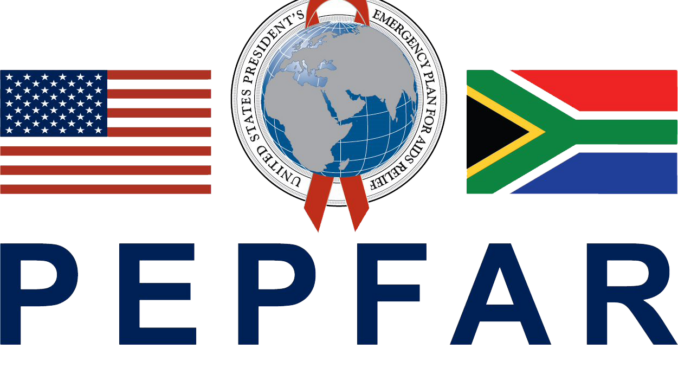
In the rural areas of South Africa’s KwaZulu-Natal province, the effects of the U.S. foreign aid freeze are being keenly felt by HIV patients such as 19-year-old Nozuko Majola. Struggling with unemployment and limited access to transport, Majola faces the daunting task of finding funds to travel for her crucial HIV medication, which is typically delivered to her home but is now harder to access due to the rough roads in her area.
With a disrupted supply of essential health services, there is increasing concern that many patients will miss their treatments, putting them at risk of complications, including higher infection rates and rising mortality.
The freeze, which halted funding to the President’s Emergency Plan for AIDS Relief (PEPFAR), has had a devastating impact on South Africa’s HIV programme. PEPFAR has long been a vital contributor to the country’s HIV care, providing over $400 million annually to support medication and related services. As a result of the aid suspension, 5.5 million South Africans receiving antiretroviral treatment are now facing an uncertain future. Local NGOs, which play a critical role in delivering healthcare and support, have been forced to shut down services, leaving many patients without access to life-saving medication or regular HIV tests.
In addition to disrupting essential medical services, the freeze has led to the loss of employment for nearly 15,000 health workers funded by PEPFAR, further straining already overstretched public healthcare systems. Local health managers and counselors in KwaZulu-Natal express their growing anxiety, noting that without continued support, efforts to combat HIV could regress, leading to a sharp increase in new infections and preventable deaths. The freeze has not only jeopardized the health of individuals like Majola but also hindered South Africa’s broader goals to eventually end the HIV epidemic.
